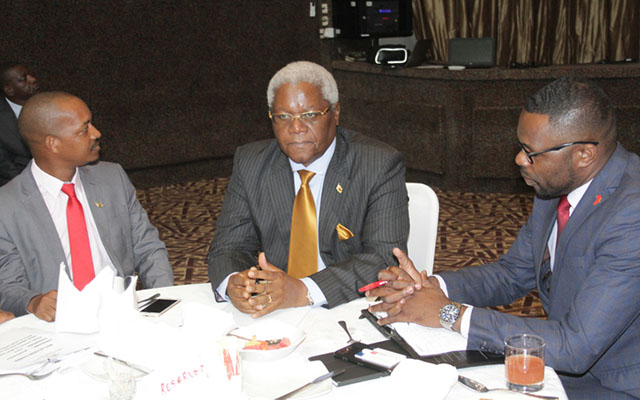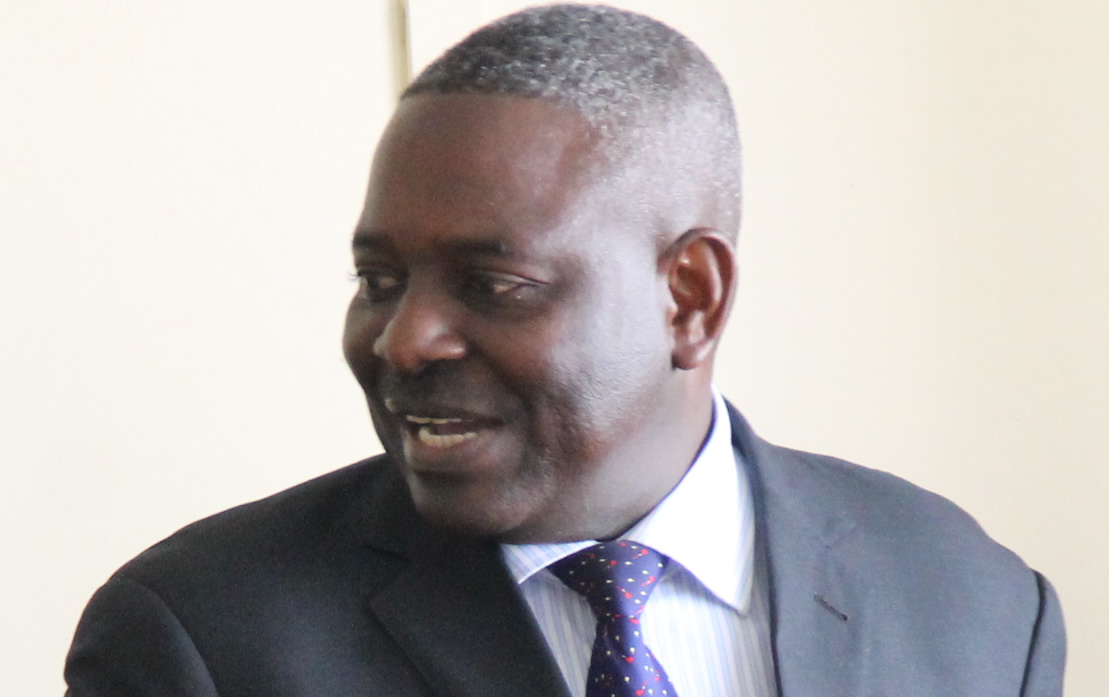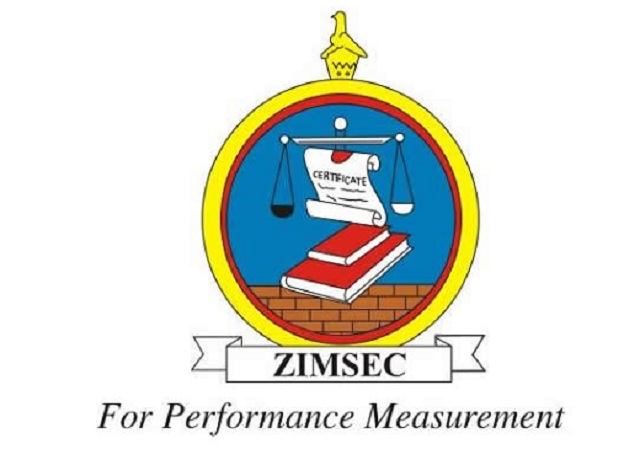Low FDI slows down growth


Minister of Finance and Economic Development Dr Ignatius Chombo (centre), Mr Archie Dongo and Takunda Mugaga (right) follow proceedings at the ZNCC breakfast meeting in Harare on Friday. — (Picture by Innocent Makawa)
Low levels of foreign direct investment (FDI) the country has been recording in the past few years make it difficult to achieve targeted economic growth rates, newly appointed Finance and Economic Development Minister, Dr Ignatius Chombo has said.
Under the Zimbabwe Agenda for Sustainable Socio-Economic Transformation (Zim-Asset) that runs until 2018, Government had targeted an average gross domestic product growth of 7 percent. But since 2013 when Zim-Asset came into effect, a number of economic challenges have seen the economy failing to grow as envisaged.
Speaking at a Zimbabwe National Chamber of Commerce discussion forum on SEZs, Dr Chombo said Government had since come up with the idea to set up Special Economic Zones (SEZs) to improve FDI flows.
“The low foreign direct investment levels cannot sustain the envisaged average growth rates of 7 percent, enunciated in the Zim-Asset hence the need to put in place attractive policies for investors,” Dr Chombo said.
The ZNCC forum ran under the topic “Leveraging Special Economic Zones for Economic Growth”. Dr Chombo said Zimbabwe has averaged $400 million in FDI per year, which was lower than the regional average of $800 million.
The SEZ’s, which will initially be setup in Harare, Bulawayo and Victoria Falls, provided incentives that made them attractive for investors, he said.
The incentives range from exemption from compliance with local empowerment laws, labour laws, a number of taxes as well as customs duty payment on importation of equipment and raw materials.
“I would like to assure you that Government is committed to the successful implementation of the Special Economic Zones, in order to resuscitate our industries and to promote economic growth in the economy,” Dr Chombo said.
“I therefore, call upon potential investors, both foreign and domestic to seize this opportunity to invest in the Special Economic Zones.”
Studies had been carried out in countries such as China, India, Japan, Malaysia, Ethiopia, Tanzania, Nigeria, Kenya and Ghana among others to come up with best practices in the setting up of SEZs.
Government has since set up a SEZs board chaired by former Reserve Bank Governor, Dr Gideon Gono, to push through the establishment of the zones. — New Ziana.











Comments